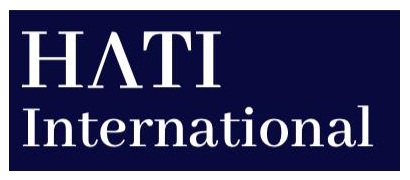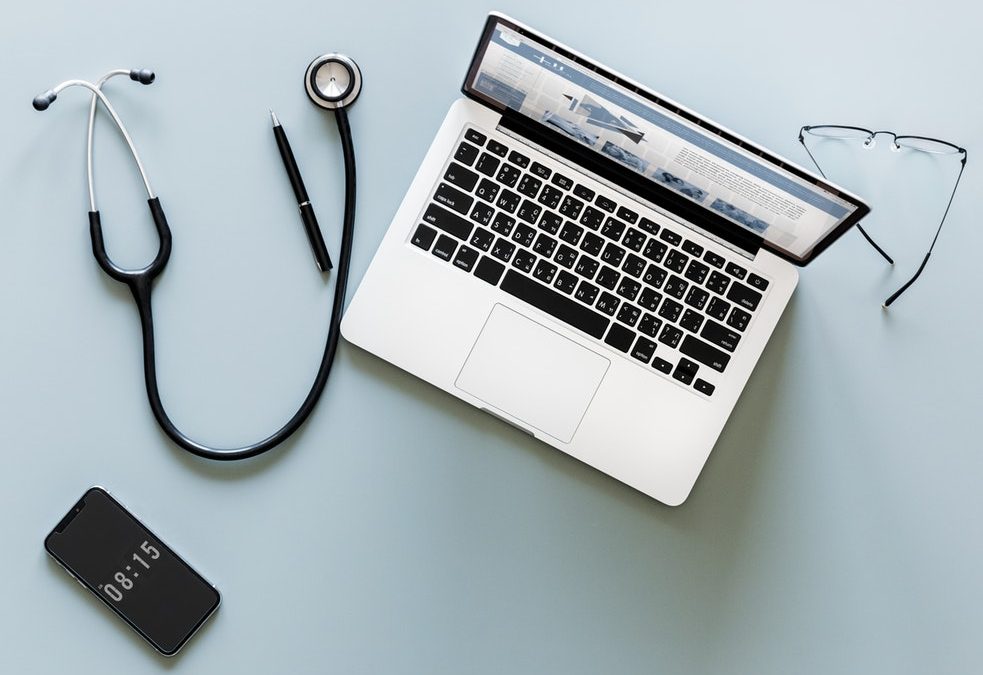How Technology Can Be a Competitive Advantage for Your Hospital
With technological developments driving transformation across industries, the healthcare industry is looking to build new healthcare models to overcome the many challenges. Challenges such as rising costs, increase in chronic diseases, demands for highly accessible and affordable healthcare and the dearth of qualified professionals have been troubling the healthcare industry, and therefore, high-quality care needs to be provided round-the-clock. The only way to do this is by building healthcare models with technology at the crux. It is only when you align healthcare with IT that you can pave the way for better healthcare access, better patient treatment and better health care outcomes.
Let’s look at 5 ways technology can be a competitive advantage for your hospital:
Insight into the patient care journey:In an entire lifetime, a patient might visit a hospital or healthcare institution several times – for regular checkups, for emergencies, or just to cure a cold. Irrespective of the number of times he/she is addressed at a hospital, there is a crucial need for doctors to get insight into the overall health of patients. From past diseases or illnesses, diagnoses and treatment information, medication details, laboratory results etc. With a majority of hospitals still storing such data within individual databases, prescription notes, excel sheets and unorganized files, technology, through the use of EHRs, can be a big competitive advantage for hospitals. By understanding the entire patient care journey from beginning to end, you can not only access critical patient data quickly and easily to plan your diagnosis and treatment, you can also uncover additional opportunities for influencing patient satisfaction. Moreover, you can benefit from engaging with patients beyond the hospital stay and build lasting relationships that promote loyalty and steer better and more trustworthy care outcomes.
Remote health monitoring: With smartphones and wearables becoming an integral part of everyday life, patients expect the same convenience in the treatments they receive. Patients now want to be treated of their illnesses immediately – without having to travel to hospitals, and without having to wait in the waiting room for hours before they can meet the doctor. This is especially true for the older generation and people in rural areas – where travelling is either not feasible or not affordable. As these patients struggle with the high cost of specialist services, lack of healthcare infrastructure, inability to attend appointments on time etc., technology in the form of remote health monitoring can be a big competitive advantage. By allowing patients to use smartphones, apps, and a plethora of healthcare wearables to track their personal health, technology can aid in quicker diagnoses and empower patients to manage digital interactions with the medical system with ease – without having to step foot on the hospital campus.
Consistent diagnosis and treatment:Although thousands of patients globally might be battling with the same disease or illness, diagnoses and treatment schedules vary greatly. This is mainly because of differences in the medical understanding of doctors, their experience in handling similar cases, their knowledge of treatment etc. However, technology in the form of analytics can be a competitive advantage for your hospital. By using modern analytics tools, you can analyze treatments around the world and come up with the most effective care response. Such actionable insights into medical research and history can enable you to identify healthcare trends, compare individual cases with these trends and enhance your decision-making capability. Evidence-based healthcare can enable you tooffer the right treatment for the right illness, and make patient diagnosis and treatment consistent the world over – without being influenced by individual knowledge, judgement or experience.
Data security:With security breaches making headlines every day, safeguarding critical patient data has become a top priority for hospitals. Do you know?The average cost of a healthcare data breach is $380 per record– 2.5 times the global average across industries. Since a number of healthcare institutions still store patient data in legacy systems (with poor security features), individual databases (with no control over access), and numerous files and folders (with a high risk of misplacement), security is a big challenge. However, using technology in the form of modern security tools like blockchain can be a competitive advantage for your hospital. With blockchain technology, you can bridge data silos, increase organizational efficiency and improve and streamline access to patient data. By securely storing medical records, you can avoid breaches, minimize errors, prevent misuse and enable only authorized access to staff as well as to patients, insurance companies and research organizations.
Operational efficiency:Although most hospitals today have several information systems that allow them to carry out day-to-day tasks, the challenges of manually entering patient information and poor integration with other systems cannot be discounted. These challenges restrict hospitals from operating smoothly – a requisite in meeting today’s healthcare demands. Technology, in the form of Internet of Things or IoT can be a competitive advantage for your hospital. IoT sensors can not only carry out predictive maintenance activities to ensure proper functioning of medical equipment but can also ensure seamless integration between various departments for timely treatment. What’s more, IoT can also help control various building parameters such as temperature, humidity, and security and ensure the safety and well-being of incumbents at all times.
Meet Healthcare Goals
As costs rise, chronic diseases become widespread, and the average human lifespan increases, the healthcare industry is under immense pressure to meet the demands of affordable and accessible healthcare at reduced costs. With 81% of patients unsatisfied with their health care experience, it’s only natural for hospitals to adopt technology to drive a healthcare transformation. If you’re looking to improve your healthcare model before your competition does, and gain a competitive edge, you need to make significant inroads into implementing technology across your hospital. With technology at the crux of your care model, you can meet the goals of better healthcare operations, better quality of treatment, better security of patient data, and more accessible and cost-effective healthcare, faster and more efficiently than your competitors.




